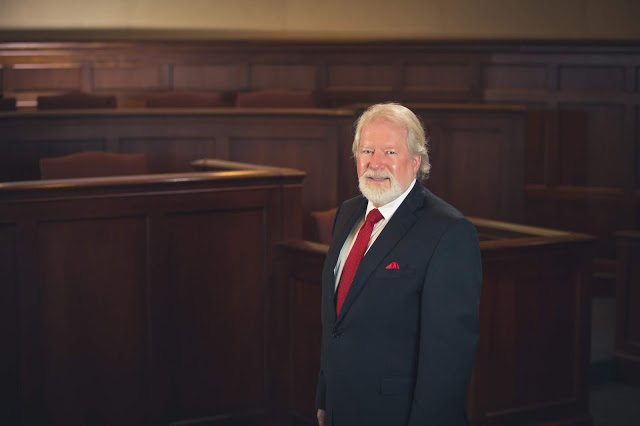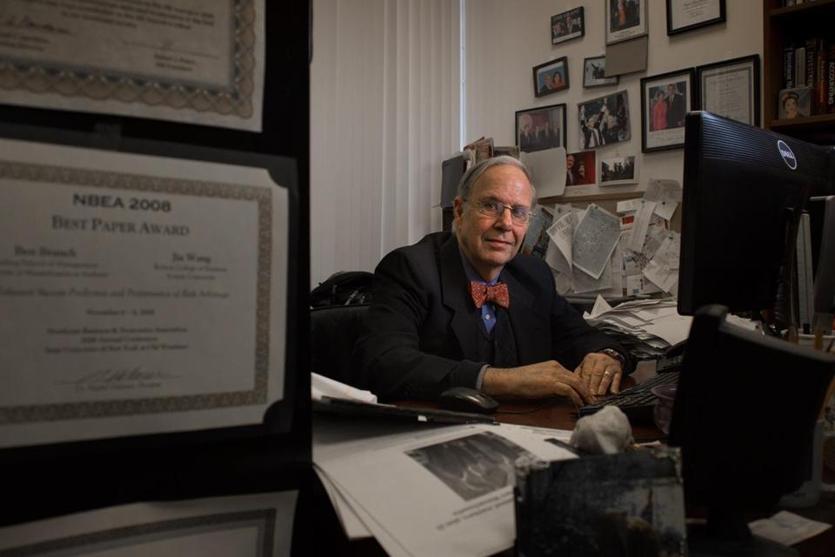Is This Any Way to Run a City’s Schools?
Leaked CTU Proposals Won’t Do Anything to Improve Schools’ Poor Performance
Lawmakers Urged to Liberate Civil Servants

Big Labor’s Monopoly-Bargaining Privileges Spawn Manifold Abuses
Under special-interest statutes now on the books in more than 30 states, public employees who don’t wish to join a union are prohibited from dealing directly with their employer on key matters concerning their jobs.
And such independent-minded workers may also be denied the right to vote on the workplace contract crafted by union bosses endowed with monopoly-bargaining privileges and their employer.
“In states with government-sector monopoly-bargaining laws, employees are legally blocked from having any say whatsoever regarding major workplace matters unless they join a union and help bankroll its ideological activities,” said National Right to Work Committee President Mark Mix.
Case Challenging Injustice of Monopolistic Unionism Heard By Massachusetts High Court

Recently, Bay State civil servants represented by a staff attorney for the National Right to Work Legal Defense Foundation, the Committee’s sister organization, brought a case challenging the injustice of monopolistic government unionism before the Massachusetts Supreme Judicial Court.
And Right to Work activists in state after state are asking their elected officials to end this injustice legislatively.
“The simplest and best way to stop the Big Labor abuses that invariably result when government corrals workers into union collectives is to abolish the union-boss privilege of ‘exclusive,’monopoly bargaining,” said Mr. Mix, who heads the Right to Work Foundation as well as the Committee.
“Either courts or state lawmakers could potentially revoke Big Labor’s privilege to prevent a public employee who isn’t a union member from dealing directly with the employer regarding his or her own job terms and conditions, even if both the employee and the employer want to negotiate with one another.”
On January 8, Massachusetts’s highest court heard oral arguments in Branch v. Commonwealth Employment Relations Board.
Plaintiffs Must Submit to Big Labor Control to Keep Serving as Educators
Foundation attorney Bruce Cameron, who is also a professor of labor law at Regent University in Virginia Beach, Va., presented the case for the four plaintiffs, who are all employed as public educators.
Lead plaintiff Ben Branch is a professor of finance at the Isenberg School of Management of the University of Massachusetts (UMass) Amherst. Two of Dr. Branch’s fellow plaintiffs are also UMass employees. The remaining plaintiff is a middle school teacher in Hanover, Mass.
As Mr. Cameron explained in a judicial brief filed last summer, none of the plaintiffs wants to be subject to so-called “exclusive” union representation regarding key terms and conditions of university or school employment.
But all of the plaintiffs must submit to Big Labor control in order to continue serving as public educators.
The brief directly quoted the reasons given by each of the plaintiffs for his or her opposition to union monopoly bargaining.
Dr. Branch, for example, charges that that Massachusetts Teachers Association (MTA/NEA) union officials make it harder to “weed out ineffective and unproductive faculty.”
He further charges that the union hierarchy “places additional burdens on the most effective and productive faculty,” by favoring and protecting “the least productive and effective faculty.”
‘Support Big Labor Politics, or Give up Your Workplace Voice and Vote’
Another plaintiff, middle school teacher Deborah Curran, credibly contends that MTA union bosses have sought to exploit their monopoly-bargaining privileges to punish her for refusing to join their organization.
For example, Ms. Curran charges that, after she was promoted to the position of “district wide coordinator” for a new-teacher-mentoring program, union officials tried to have her removed from this position.
Thanks to the U.S. Supreme Court’s landmark 2018 ruling in Janus v. AFSCME Council 31, successfully argued by Right to Work Foundation staff attorney William Messenger, the Branch plaintiffs are at least no longer forced to pay dues or fees to a union they would never voluntarily join.
However, post-Janus Massachusetts law continues to bar freedom-loving educators from negotiating their own contracts, and also prevents them from having any real influence over how the MTA union wields its monopoly-bargaining privileges unless they give up their First Amendment rights and become members.
Mr. Mix commented:
“As MTA kingpins openly boast in literature they pass out to nonmember educators, unless and until they join the union and thus effectively agree to support a wide array of Big Labor political speech, they will be barred from attending most MTA meetings.
“Moreover, educators who decline to pay for MTA union bosses’ politicking and electioneering are not allowed to ‘vote on [the] election of officers, bylaw modifications, contract proposals or bargaining strategy’ of the MTA, even though it has monopoly power to speak for members and nonmembers.
“In practice, the monopolistic labor laws of Massachusetts and dozens of other states tell millions of civil servants to support Big Labor politics, or give up your workplace voice and vote.”
As last year’s Janus opinion acknowledged, union “exclusivity” in the government sector “substantially restricts the rights of individual employees.”
State Lawmakers Have The Ability and the Duty To Protect Employees
Unfortunately, state and federal courts have for decades brushed aside the constitutional problems with union monopoly bargaining in public workplaces.
Recognizing the uphill battle they face, the Branch plaintiffs are not asking the Massachusetts Supreme Judicial Court to prohibit union monopoly bargaining “in the abstract,” but rather to bar it insofar as it is exploited to coerce public workers into supporting Big Labor political speech.
As of the beginning of February, the state Supreme Court had yet to issue an opinion in Branch.
“Committee members and supporters around the country are hoping the jurists who heard the Branch arguments a few weeks ago will do the right thing,” said Mr. Mix.
“But frankly we can’t count on that.
“Fortunately, judges are not the only people who have the authority to redress constitutional wrongs.
“When a state law violates the U.S. Constitution, state lawmakers and chief executives have the duty to repeal or amend the law to bring it into accord with the Constitution, regardless of what the judiciary decides to do.”
Workers Put ‘Under Powerful Compulsion to Join’ Unions By Monopoly Bargaining
Mr. Mix continued:
“The vast majority of the 50 states currently have statutes on the books forcing some or all types of public employees to be subject to union monopoly bargaining in order to work for taxpayers.
“Thanks to Right to Work’s Janus victory, it’s no longer legal, anywhere, to fire teachers, police, firefighters, or other public servants for refusal to pay for union advocacy.
“However, as the late Thomas E. Harris, then a top AFL-CIO lawyer, acknowledged back in 1962, union officials often use their monopoly-bargaining privileges as a cattle prod to herd more workers under their control, and punish those who resist.
“‘The fact that the union will negotiate the contract which regulates the incidents of [a worker’s] industrial life puts him under powerful compulsion to join the union,’ said Mr. Harris.
“This observation remains true today. That’s why, this winter, National Right to Work officers and their grass-roots allies across the country are urging state lawmakers to push for passage of legislation prohibiting Big Labor ‘exclusivity’ in the government sector.”

Leaked CTU Proposals Won’t Do Anything to Improve Schools’ Poor Performance

Wherever Big Labor wields the power to collect forced union dues, union bosses funnel a large share of the confiscated money into efforts to elect and reelect business-bashing politicians. Employment growth tends to lag as a consequence.

Members Insist They Keep Pro-Right to Work Campaign Promises